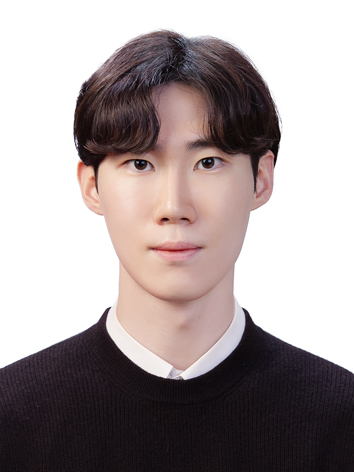Lawmaker suggests special law to combat YouTube slander
By Moon Ki-hoonPublished : July 24, 2024 - 18:11

A ruling party lawmaker on Wednesday addressed the need for legislation to crack down on defamatory YouTube content, citing recent controversy over the blackmail of a popular mukbang star.
During a confirmation hearing for Lee Jin-sook, nominee for Korea Communications Commission chair, Rep. Shin Sung-bum pressed for her views on the issue, noting it has inflicted immense harm on the victims.
The discussion was prompted by a recent incident involving Tzuyang, a renowned mukbang content creator with 10.2 million subscribers on YouTube. Several other YouTubers allegedly extorted tens of millions of won from Tzuyang by threatening to post videos spreading rumors about her past. Prosecutors requested arrest warrants for two suspects on Tuesday.
Public concern has been mounting over "cyber wreckers," a term used disparagingly for content creators who profit from posting slanderous rumors or false claims about public figures. Last week, Prosecutor General Lee One-seok instructed authorities to actively pursue arrests in major cases involving such individuals.
“We should consider special legislation to crack down on those profiting from slanderous rumors," Rep. Shin said in the hearing.
Lee, the nominee for the KCC, concurred: "I agree that defamation on YouTube is a serious crime."
In May, a separate high-profile case saw a court freeze the assets of a former YouTuber accused of defaming K-pop stars. The individual had allegedly spread baseless rumors including dating speculation and claims of plastic surgery, amassing 160 million views before her channel was taken down in June 2023.
Some YouTubers have attempted to justify their actions as "heroic vigilantism." Since last month, several channels have been revealing the information of the alleged perpetrators in a notorious 2004 gang rape incident, all the while disregarding the victim's wishes for privacy.
Calls for stronger measures against cyber wreckers reflect a widespread belief that existing laws are ill-equipped to address the problem.
Under Korea’s Information and Communications Network Act, online defamation through false content is punishable by up to seven years in prison or a 50 million won ($36,000) fine. However, proving malicious intent can be challenging, and convictions typically result in minor fines rather than actual jail time, legal experts say.
Law enforcement faces additional hurdles as content creators often operate anonymously, using false credentials or AI-generated voices. Obtaining host information from Google, YouTube's parent company based in California, requires a US court order – a notoriously difficult and time-consuming process, according to experts.
"Misinformation and fabricated content are proliferating on YouTube daily, causing irreparable damage," wrote Yoo Hyun-jae, a communications professor at Sogang University, in an op-ed published in a local news outlet on Tuesday.
"Policymakers should address the ineffective legal framework surrounding YouTube content and consider legislative measures to strengthen existing laws."





![[Herald Interview] How Gopizza got big in India](http://res.heraldm.com/phpwas/restmb_idxmake.php?idx=644&simg=/content/image/2024/11/20/20241120050057_0.jpg&u=20241120164556)


![[KH Explains] Dissecting Hyundai Motor's lobbying in US](http://res.heraldm.com/phpwas/restmb_idxmake.php?idx=644&simg=/content/image/2024/11/20/20241120050034_0.jpg&u=)
![[Kim Seong-kon] Farewell to the vanishing John Wayne era](http://res.heraldm.com/phpwas/restmb_idxmake.php?idx=644&simg=/content/image/2024/11/19/20241119050096_0.jpg&u=)
![[Graphic News] 70% of S. Koreans believe couples can live together without tying the knot: survey](http://res.heraldm.com/phpwas/restmb_idxmake.php?idx=644&simg=/content/image/2024/11/19/20241119050098_0.gif&u=)







![[Today’s K-pop] Blackpink’s Jennie, Lisa invited to Coachella as solo acts](http://res.heraldm.com/phpwas/restmb_idxmake.php?idx=642&simg=/content/image/2024/11/21/20241121050099_0.jpg&u=20241121172748)